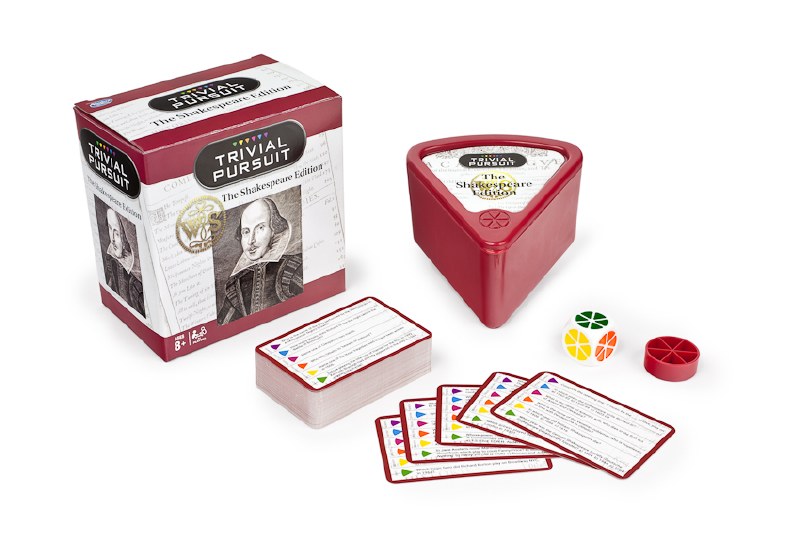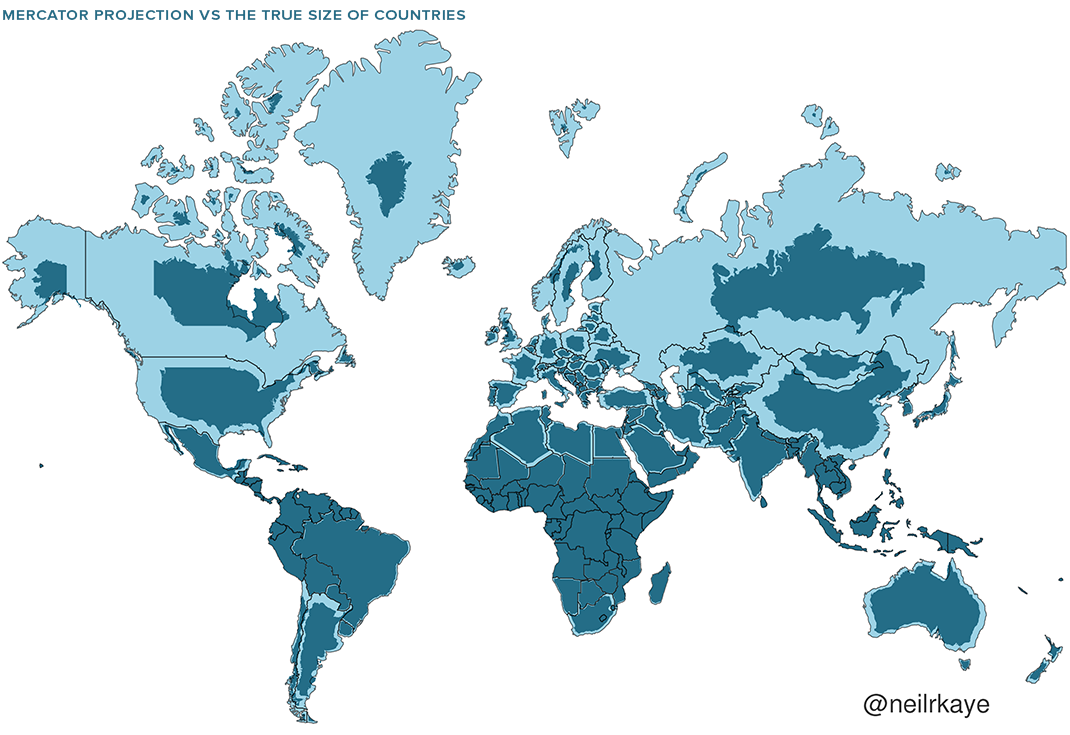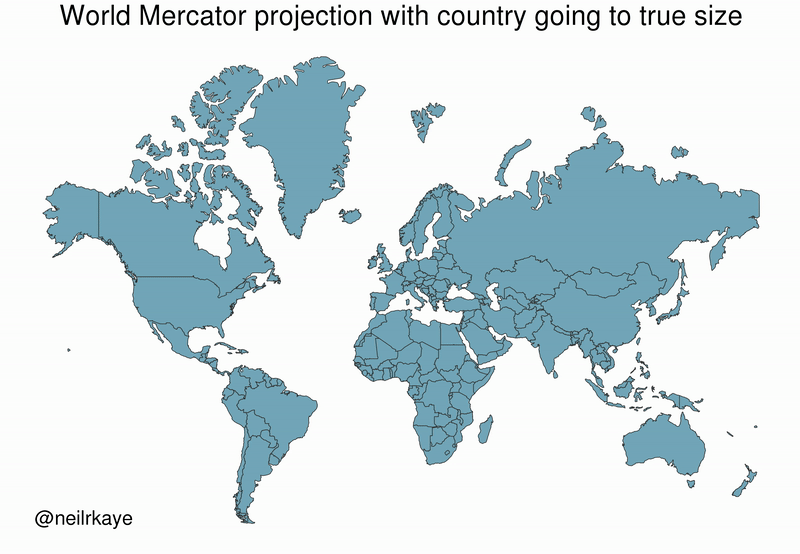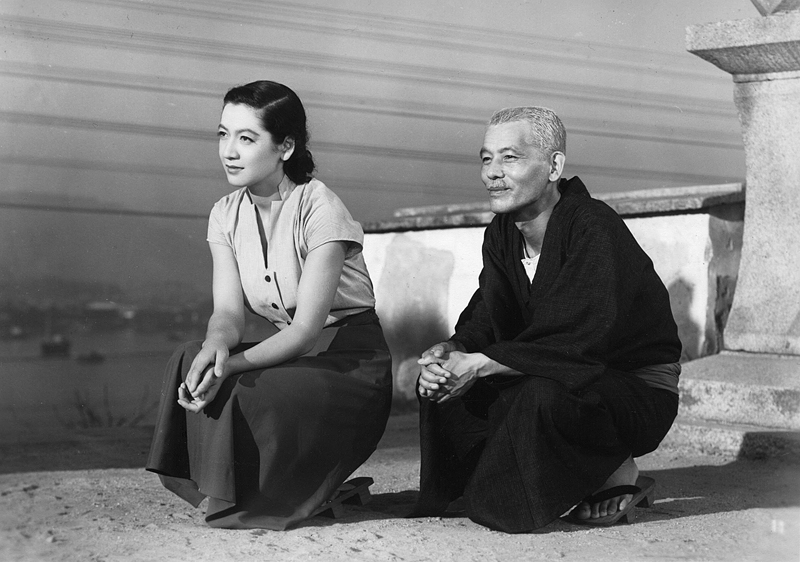I find it surprising that psychologists have only just begun to study the reasons that sad people love sad songs. There’s an entire genre named after sadness, and the blues inspired nearly all modern music in one way or another. Classical music is filled with dirges, elegies, laments, requiems, and “countless tear-jerkers.” Listen to the music of any ancient society and you will likely find the same. Humans, it seems, have some innate need to hear sad songs.
Maybe this isn’t too surprising. We aren’t the only species to experience grief, but we are the only one to have devised language, and ways to make it sing to us. We tell stories of loss through music, just as through every other art. This explanation hardly satisfies scientific curiosity, however. Psychologists want to know, specifically, why we do this. Or—more specifically—why sad people do this.
Maybe not everyone enjoys the maudlin jangle of The Smiths during a breakup, or wants to listen to Leonard Cohen after a loss. But enough people do that scenes of sad characters listening to sad songs (or being sad while sad songs play) are some of the most memorable, and memorably parodied, in movie history. Researchers Annemieke Van den Tol and Jane Edwards at the University of Limerick wanted to understand the phenomenon in a 2013 study, so they sought out participants online.
The researchers opted for a limited qualitative approach to get the ball rolling. “This issue has hardly been investigated before,” writes Christian Jarrett at The British Psychological Society’s Research Digest. Their sample consisted of a self-selecting group of adults, age 18 to 66. Thirty-five of them were men and 30 women. Most of the respondents were Irish, though some were also from the Netherlands, the U.S., Germany, and Spain.
Each of the study participants was asked to describe a specific time in their lives when “they’d had a negative experience and then chose to listen to a sad piece of music.” Their descriptions were then analyzed for recurring themes. Among the most common were nostalgia, a desire for connection, and a sense of “common humanity.” The participants also cited aesthetic appreciation and a “re-experiencing of their affect” in which the sad song helped them express their feelings and find relief.
A more recent study published in Emotion concentrated its focus. Rather than surveying people who had had sad times in their lives—a category that includes pretty much everyone—researchers at the University of South Florida surveyed people with major depression. Their sample size is hardly any larger, and the participants are more homogenous: 76 female undergraduates, half of whom had a diagnosis of major depressive disorder and half of whom did not.
The study replicated methods used in a 2015 study to find out whether people with depression tended to choose sad music over “happy and neutral music,” writes Jarrett. That turned out to be the case, the researchers found. The reason surprised them. Against “the provocative idea” argued in other research “that depressed people are seeking to perpetuate their low mood,” the study instead found that those “who favored sad music said that they did so because it was relaxing, calming or soothing.”
In some ways, the answers aren’t significantly different from those of people who are not clinically depressed but still experience periods of deep sadness. Sad songs give meaning to our pain and let us know we aren’t the only ones feeling it. But we know this. Everyone has at least one or two sad songs that soothe them, and some of us have whole playlists of them. The Paste magazine staff put together an excellent list of songs that helped them “hurt so good.” It’s got some of the finest writers and singers of sad songs on it: Tammy Wynette, Elliot Smith, Tom Waits, Patty Griffin, Prince, by way of Sinead O’Connor. If one of your sad songs isn’t on here, you’ll probably find a few new ones to add.
I’d suggest for inclusion, to start, The Cure’s “The Same Deep Water as You,” Etta James’ “I Rather Go Blind,” Bonnie ‘Prince’ Billie’s “I See a Darkness,” Radiohead’s “How to Disappear Completely,” and The Smith’s “That Joke Isn’t Funny Anymore.” Tell us, what would you add—and why would you want to do a thing like listen to sad music when you’re already miserable? Tell us your reasons, and your songs, below.
Related Content:
Nick Cave Creates a List of His 10 Favorite Songs–His Favorite “Hiding Songs”
Josh Jones is a writer and musician based in Durham, NC. Follow him at @jdmagness






